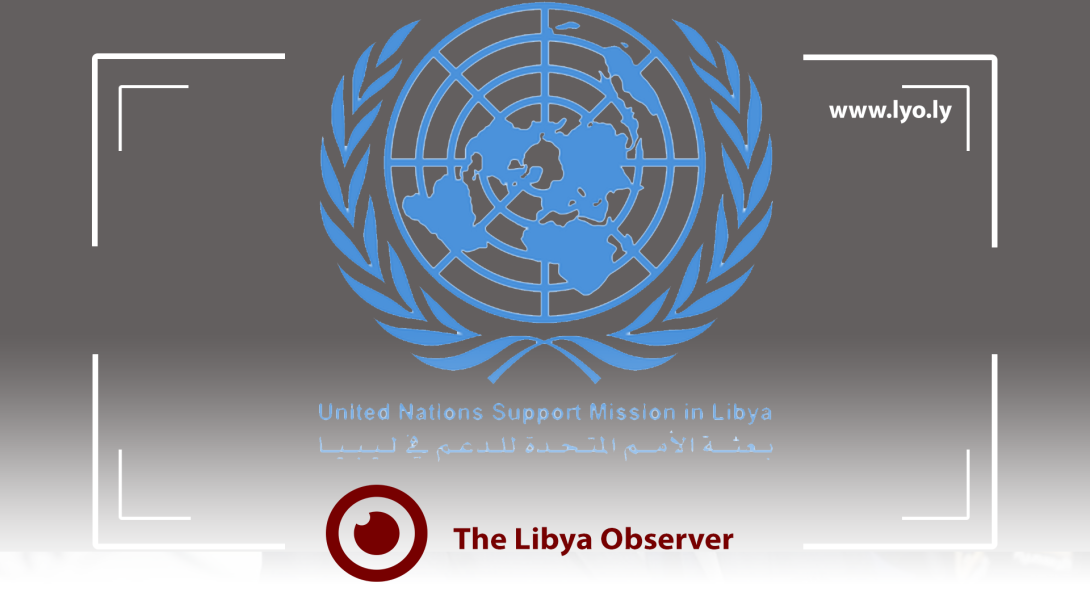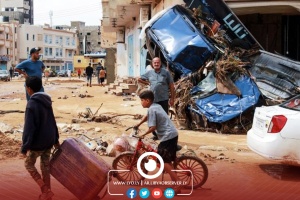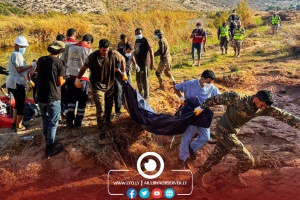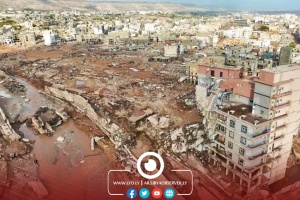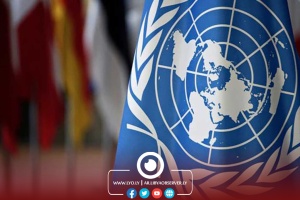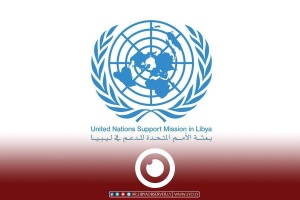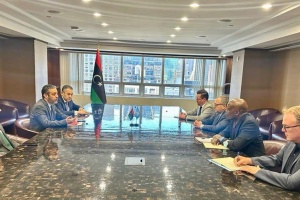After his four-day visit to Libya, where he met with government officials and internally displaced persons (IDPs), the United Nations Secretary-General’s Special Adviser on Solutions to Internal Displacement, Robert Piper, said that significant progress had been made toward resolving IDPs challenges.
“Libya has managed to settle most of its displaced persons following the October 2020 ceasefire agreement. It’s an impressive record, thanks to a combination of strong community leadership, proactive Government measures and engaged international partners." Piper said.
Piper said the Libyan government had facilitated solutions for its displaced persons through a series of ongoing measures designed in consultation with internally displaced committees.
"These include: (i) supporting security and fostering social inclusion, reconciliation processes and agreements between communities; (ii) supporting reconstruction in conflict-affected areas; (iii) removing legal and administrative obstacles to ensure displaced people can access services; (iv) establishing funds for reconstruction and compensating people for loss of property; (v) ensuring that displaced people are included in national social protection systems." He added.
"Today, only one in five remain in displacement and plans are in place to find solutions for all those people who remain displaced from their communities. According to the International Organisation of Migration, the number of IDPs decreased from 316,000 in October 2020 to around 50,000 who still require substantial effort to realize solutions today. Most of those remaining displaced originate from the Tawergha and Murzuq communities." The statement said.
Libya is one of the fifteen countries selected to pilot new approaches to displacement solutions as called for by the UN Secretary-General’s High-Level Panel on Internal Displacement which concluded its work in late 2021.

